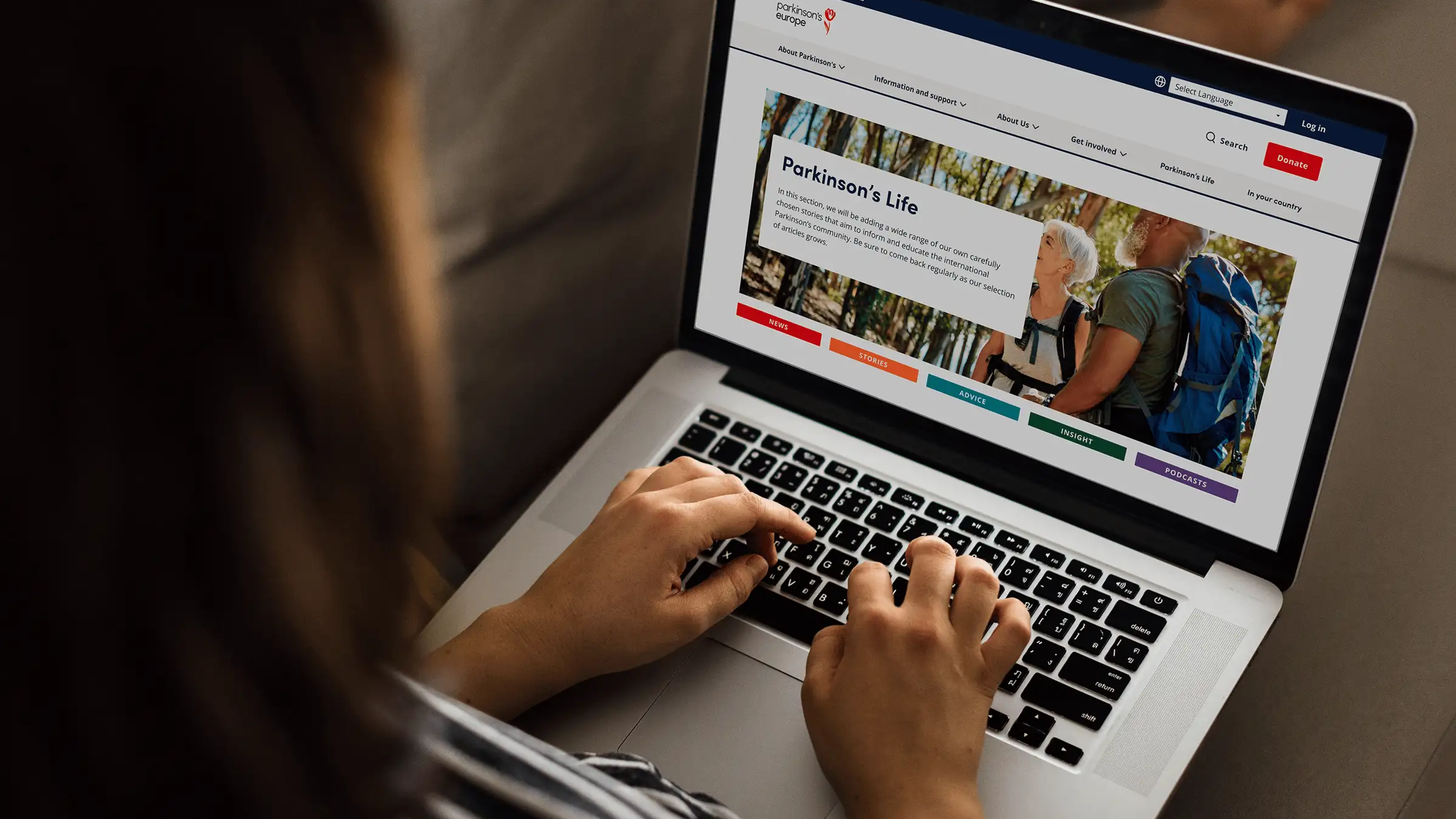
What is SEO?
SEO, or search engine optimisation, is a cost-effective strategy that can significantly boost your online visibility. By optimising your website in specific ways you can rank higher on search engines and make it easier for your target audience to find you. A well-crafted SEO strategy can drive your mission, increase awareness and accelerate engagement from potential supporters.
Understanding SEO basics
SEO is a combination of a variety of techniques and best practices to improve your website’s search engine rankings. Websites are ranked on search engines based on a range of factors including: the frequency in which the website is updated, the standard of the website content, the number of high-quality links going to the website and keyword optimisation. While you can read all about how search engines work to gain a better understanding, it may also be useful to take a Grow with Google course such as "Make sure customers find you online".
Keyword research
A key factor of SEO is keyword optimisation, ensuring that you include key terms you want your website to appear on search engines for, but be careful not to overdo it. For instance, if you're an environmental non-profit seeking volunteers for tree planting, you might want to show up in searches for “tree planting opportunities” or “volunteer tree planting events.”. You can utilise free tools such as Google Keyword Planner, Ubersuggest or Answer The Public to help you find the right keywords that you should incorporate in the content throughout your website. Focus on both broad and long-tail keywords to help capture a diverse audience and use a spreadsheet to keep a record of your target keywords and their volumes for ease of access when writing your copy.
On-page SEO
Each page of your website now needs to be optimised with the keywords you have identified. Don’t forget to incorporate keywords in the title tags, meta descriptions, headers and content of relevant pages, but be careful not to overuse the same keyword or sound too repetitive across the pages as that could result in penalisation and a loss in ranking. Ensure the content you create is informative and engaging (write for the user, not just the search engine!).
It’s also important to include internal links to relevant pages across your site to help users navigate with ease and search engines index your site. For example, if you are an animal rescue writing a page on pets that are up for adoption, you could mention the animals by name and create a hyperlink to the pets page. You could also utilise this strategy to direct visitors to take actions such as “help us treat Roscoe’s arthritis” and link to the donation page. This way you enhance visitor experience, while taking steps to improve search engine rankings. Win win!
Off-page SEO
Your activity away from your website is just as important as your on-site activity. By creating a cohesive online presence you establish brand trust and credibility. Backlinking is a very common strategy for enhancing your websites SEO value, this involves getting reputable and relevant websites (such as a news publication) to link to your website. When considering a backlinking strategy it’s important to be strategic, having multiple low quality websites linking to you won’t do much to enhance your credibility. Your organisation’s social media activity plays a factor too: posting, engaging with other users and linking back to your website consistently will show search engines your brand provides value and is trustworthy.
Local SEO
For non-profits serving specific communities, local SEO is essential. Part of a local SEO strategy would be to create listings on local directories, this can help to rank your brand higher based on location searches. You can create and optimise a Google My Business profile in a matter of minutes, giving you the opportunity to list your core business information right there in the search engine. This ensures accurate information about your organisation is being provided online, encourages reviews and makes you stand out among the competition.
Technical SEO
If you want to improve your rankings you must ensure your website is technically sound, which may require support from an expert web developer. Factors such as page load times, mobile-friendly design, responsiveness and secure connections not only play a part in improving your rankings, but also provide users with a more seamless experience on your website. By taking the steps to ensure your website is performing at it’s best you can further engage supporters and have peace of mind knowing your website and users’ data is secure.
Creating SEO-friendly content
Content is key to a good SEO strategy, there’s a fine balance between writing for your audience while also ensuring your copy is keyword inclusive and search engine friendly. You need to craft compelling content that resonates with your website users - blogs, videos and infographics can all be used to tell your organisation’s story and highlight your impact.
By posting regularly to your site you are letting search engines know this is an active website that wants to be found. With support from a technical SEO specialist you could even use structured markup to display your content within search pages as answers to queries. Don’t forget to use relevant keywords naturally throughout your content and be sure to include alt text on images.
Monitoring and analytics
While it’s all well and good putting all this effort into your digital marketing strategy, it doesn’t mean much if you aren’t tracking it. Measure your website’s performance with tools such as Google Analytics and Google Search Console to help you gain a better understanding of what’s working, identify areas of improvement and track your progress. You’ll be able to see what search terms your website is appearing for and what pages people are engaging with the most. These insights will help you develop a tailored strategy to continuously improve your online visibility and (hopefully) start ranking higher on search engines.
By implementing these SEO strategies, your non-profit can significantly enhance its online visibility, attract more supporters, and drive meaningful change. At Bliss, we’re committed to helping you navigate the digital landscape with confidence. For more tailored advice and support, explore our range of services designed to help non-profits thrive online.
Articles and Blogs
Our blog gives you more of an insight into who Bliss are and what we’re up to. Check out our articles below.
View all articles

